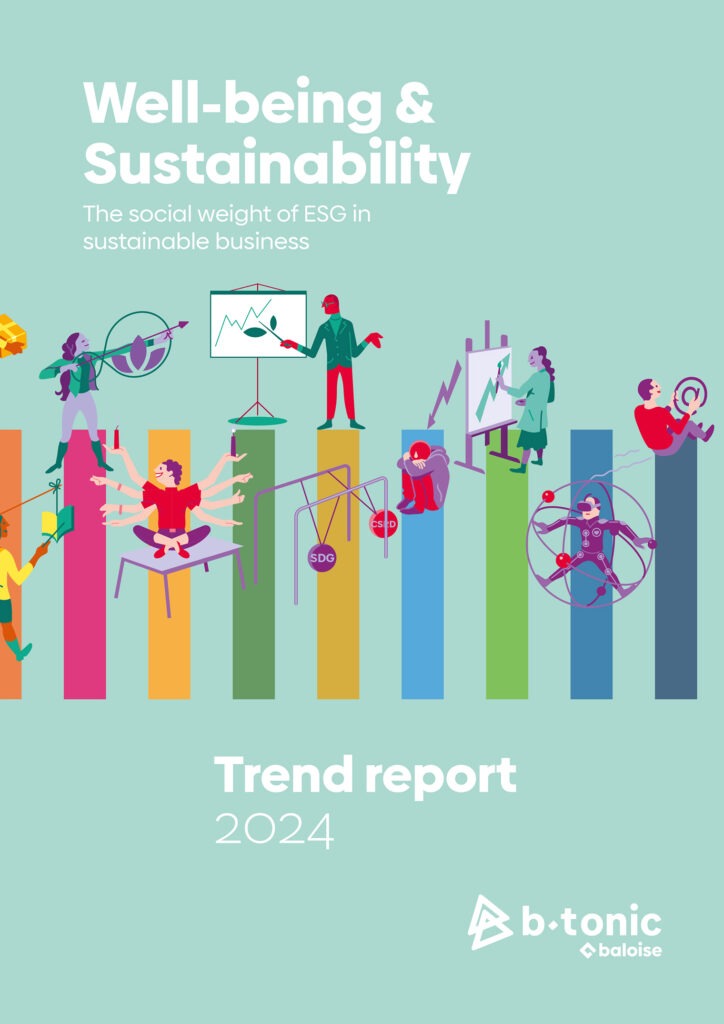HR Checklist
Download HR Checklist
Employees with a high degree of hybrid work are less at risk of a burnout.
Hybrid working is here to stay and that is good news, both for the company and the employee. But how are we going to implement that new way of working successfully and sustainably? The well-being platform B-Tonic, a subsidiary of Baloise, wrote in collaboration with Federgon, the federation of HR serive providers and the Federation of Enterprises Belgium (FEB) a whitepaper that wants to provide a practical framework.
Two years after the pandemic, Belgium has the COVID19 crisis under control and virtually all companies and organisations are up and running again. And then a serious problem arises: the so-called office prowlers don’t want anything other than working at the office full-time, while the house mice prefer 100% remote work. The remaning group wants a solution somewhere in between. The arguments of the prowlers and the mice are the same for the most part: needing focus time, collaboration, work-life balance.
Research shows that those who work hybridly are less prone to a burnout and enjoy work more. This means that hybrid work offers opportunities for companies to improve employee well-being.
You can read how to implement the new way of working successfully and sustainably in the whitepaper Hybrid working 4.0.

